Media: Illogical law “On personal data” must be amended
The article of the law that is the basis for blocking social networks is full of nonsense and it should be repealed. Kun.uz lists three grounds for such a conclusion.
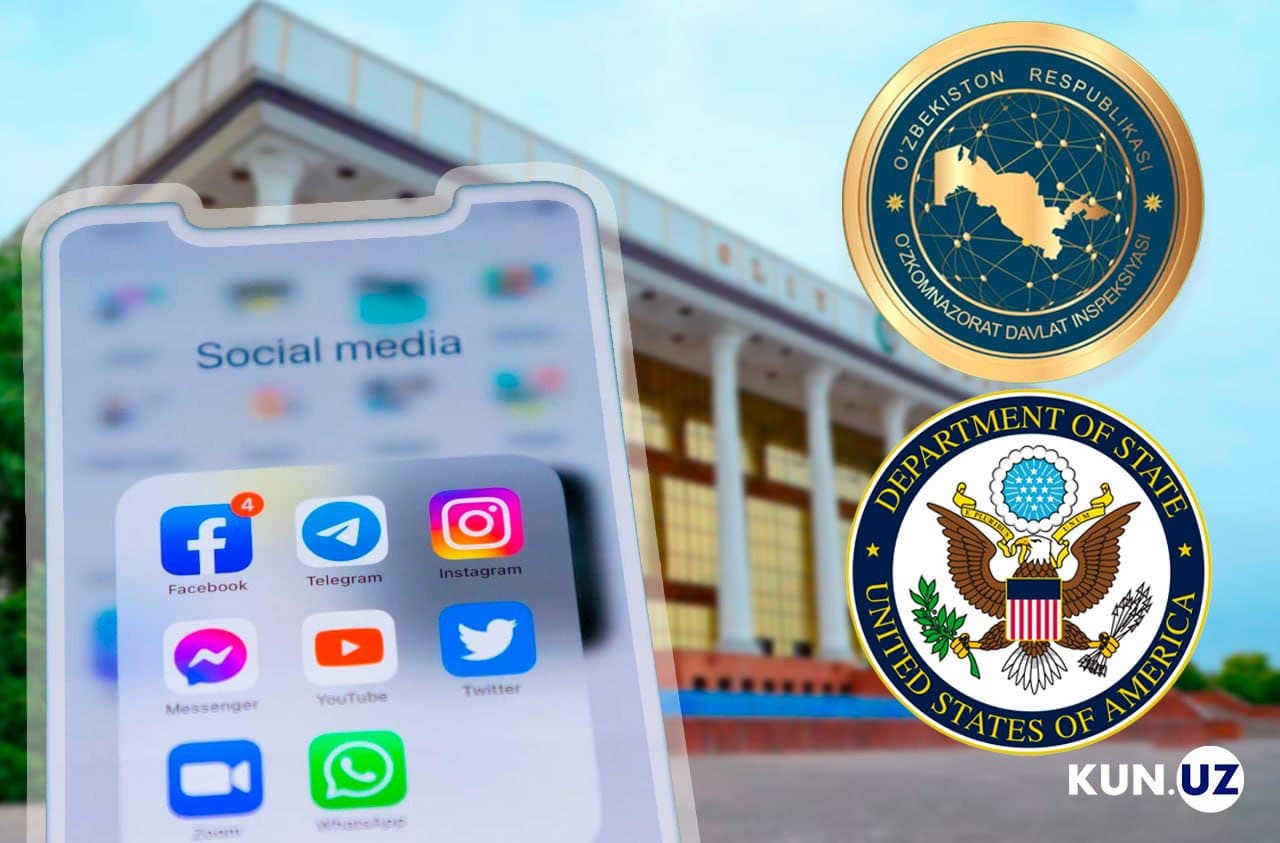
Photo: Kun.uz
Article 27-1 of the Law “On personal data” is the basis for blocking social networks in Uzbekistan. According to this article, personal data of citizens of Uzbekistan must be stored on the territory of Uzbekistan.
A few days ago, the increased liability for non-compliance with this requirement went unnoticed by many. According to the new law, social networks can now be prosecuted under the same article.
In our opinion, this is an illogical law invented by censors and blindly copied from Russia. There are enough reasons to say so.
First, the requirement in the law does not apply only to social networks. It is a state body or an individual or legal entity that processes personal data of citizens of Uzbekistan. By that logic, the US State Department should immediately move the green card database to Uzbekistan. After all, every year at least 2 million Uzbeks enter their personal data in the lottery correctly and accurately. But for some reason, we have not yet heard that Uzkomnazorat has submitted a proposal to the US State Department.
The legal requirement is too broad. For example, if you go to Switzerland and open a bank account, that Swiss bank will have to rent a server from Uzbekistan to store your data. The same requirement applies to visa authorities of foreign countries.
If we broaden our horizons, the hotel where you live abroad, the airline where you bought your ticket – all of them are required to keep your information in Uzbekistan.
In general, millions of sites on the Internet can be blocked under this law. Because not only social networks, but also other ordinary sites will ask for at least your name and age for authorization.
The law does not apply to everyone: Telegram and Facebook, where people write criticism, are blocked, and Google and Yandex, which are not intended to comment, are bypassed.
At a time when Twitter is still restricted, no one is thinking about gambling portals like 1xBet, for example.
Second, social networks and large Internet companies cannot separate the part of their millions of gigabytes that belongs only to the citizens of Uzbekistan. Because it costs a lot, the system’s integrity is compromised, the speed of operation is reduced. It is no coincidence that the bases of social networks around the world exist only in a few countries.
Uzbekistan is such a small market for giant internet companies that they can simply abandon this market rather than incur additional costs and headaches. They have nothing to lose.
Let’s look at the issue from another angle. Well, let’s just imagine Facebook has met that requirement. If FB brings its servers to Uzbekistan and says that the information about your citizens is on these servers, how will the Personalization Center check it? It violates the privacy of personal correspondence, doesn’t it?
Or another question: these servers need high-speed Internet, is there such a speed in Uzbekistan?
Third, in the modern world, restricting a network is not an easy task. Even in Russia, which has been a role model in passing the law, Roskomnadzor has failed to block Telegram. Similarly, on November 3, Telegram programmers were able to quickly remove the “blockade” of Uzkomnazorat.
Proxy services and VPN applications that allow users to bypass barriers can be found anywhere on the Internet. These systems, on the other hand, can spread personal information across the Internet that Uzbek officials want to protect.
We don’t know who is behind the free VPN we use, they often steal the user’s personal information and sell it to anyone they want if they pay for it. Buyers, on the other hand, may not always be goodhearted advertisers.
Considering that thousands of Uzbeks now use VPNs, one thing is clear: civil servants, some government agencies have VPNs on both computers and mobile phones. VPN operators can see which sites they use and the passwords they use to access their accounts.
For example, the second official person in Uzbekistan, Senate Speaker Tanzila Narbayeva, her first deputy Sodiq Safoyev, a number of deputies and government members Jamshid Kuchkarov and Timur Ishmetov, have been using Twitter, which has not been available in Uzbekistan without a VPN for four months.
The task of protecting people’s personal information is not being done in practice anyway, on the contrary, the information is being handed over to strangers.
There is another side to the issue: VPN opens the doors to the darkest and most desolate places in the Internet world. We live in a time when even a 1st grader has a phone in his hand. Young people who use a VPN to access TikTok can have unimpeded access to the websites of banned organizations, portals related to terrorism, pornography, drugs and arms trafficking at any time.
Unfortunately, members of the Oliy Majlis did not raise the above issues when adopting this law. They just raised their hands for approval.
Deputies and senators are sitting in silence even after so much talk, there is no attempt to repeal the article in the law. We probably got the answer to the question on that day: the instruction came from the Cabinet of Ministers...
We are confident that if the head of state comes out tomorrow and proposes to repeal this article, the 250 people in parliament will repeal it in no time. They will even praise the President, saying it was the right initiative.
To sum up, we need an honestly elected, independent and strong parliament.
Related News
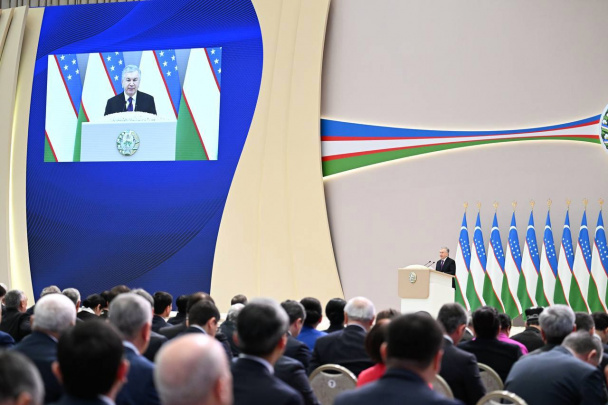
12:20 / 26.12.2025
Uzbekistan to prioritize neighborhood development and social cohesion in 2026 – Mirziyoyev
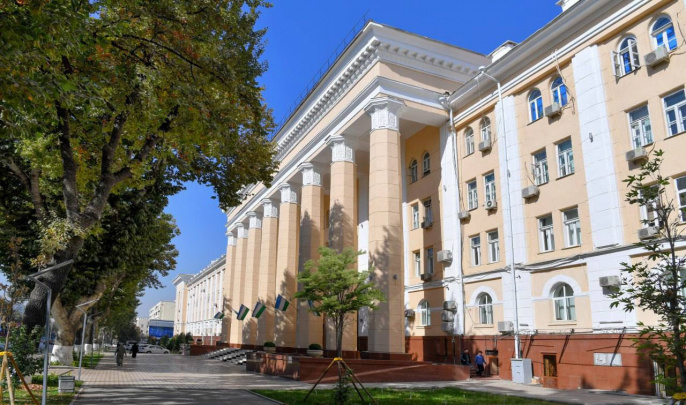
13:08 / 16.07.2025
Uzkomnazorat takes over media oversight duties from dissolved AIMC
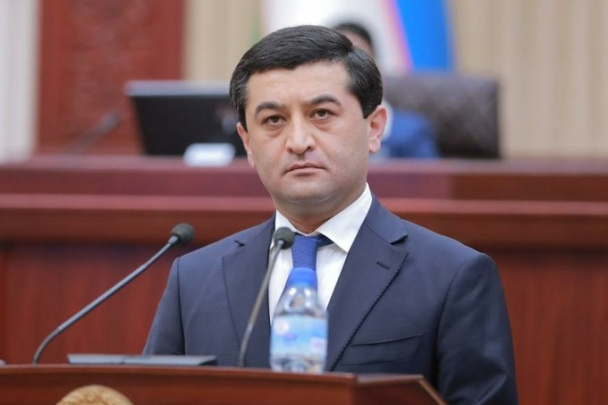
14:14 / 16.04.2025
Parliament raises concerns over treatment of Uzbek nationals abroad, sends inquiry to Foreign Minister
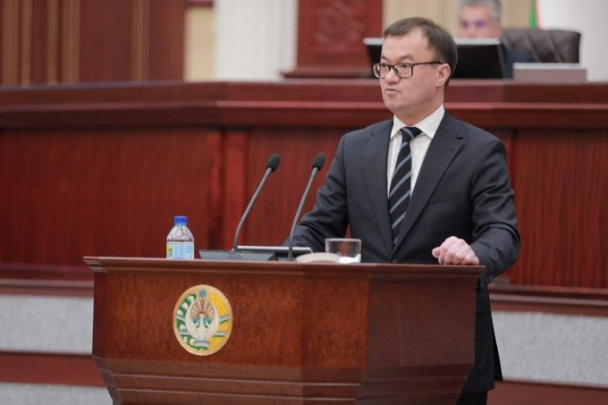
15:31 / 19.02.2025



